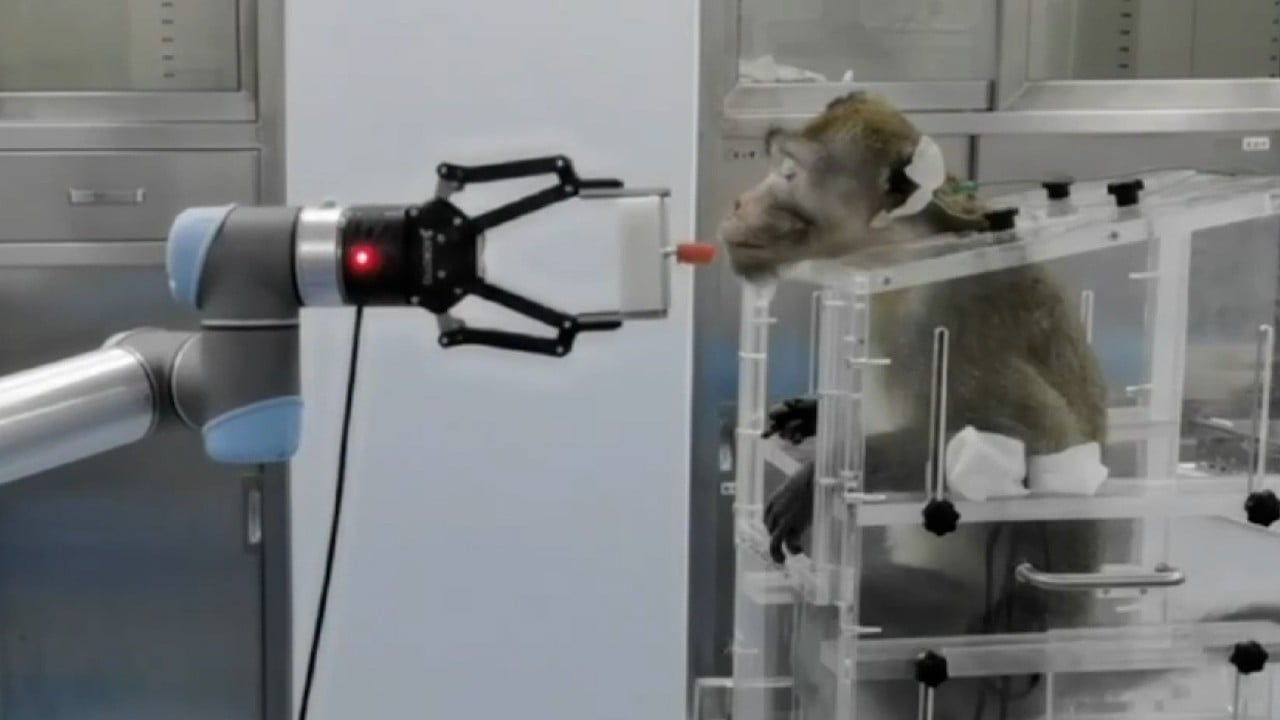Chinese scientists use massive databank and AI to try to predict dementia 15 years before symptoms start
- Team finds ‘important plasma biomarkers for future dementia prediction’, with algorithm playing a crucial role in research: professor
- Researchers tapped into 50,000-strong UK Biobank cohort, 1,400 of whom developed dementia within 10 years of the initial data collection

The scientists used a database of more than 50,000 people to identify proteins linked to a risk of developing different types of dementia, and with the help of AI the team created a predictive model to assess disease risk.
The use of artificial intelligence was “one of the key factors for the success of this research”, Yu Jintai, study author and neurology professor at the Fudan University-affiliated Huashan Hospital said.
Using the data-driven strategy, the scientists “innovatively identified important plasma biomarkers for future dementia prediction” the team wrote in a paper published in the peer-reviewed journal Nature Ageing on Monday.
But scientists have bigger goals in mind for blood biomarker tools, such as using them to accurately predict whether a patient could develop the disease in future, even before they exhibit any clinical symptoms.
